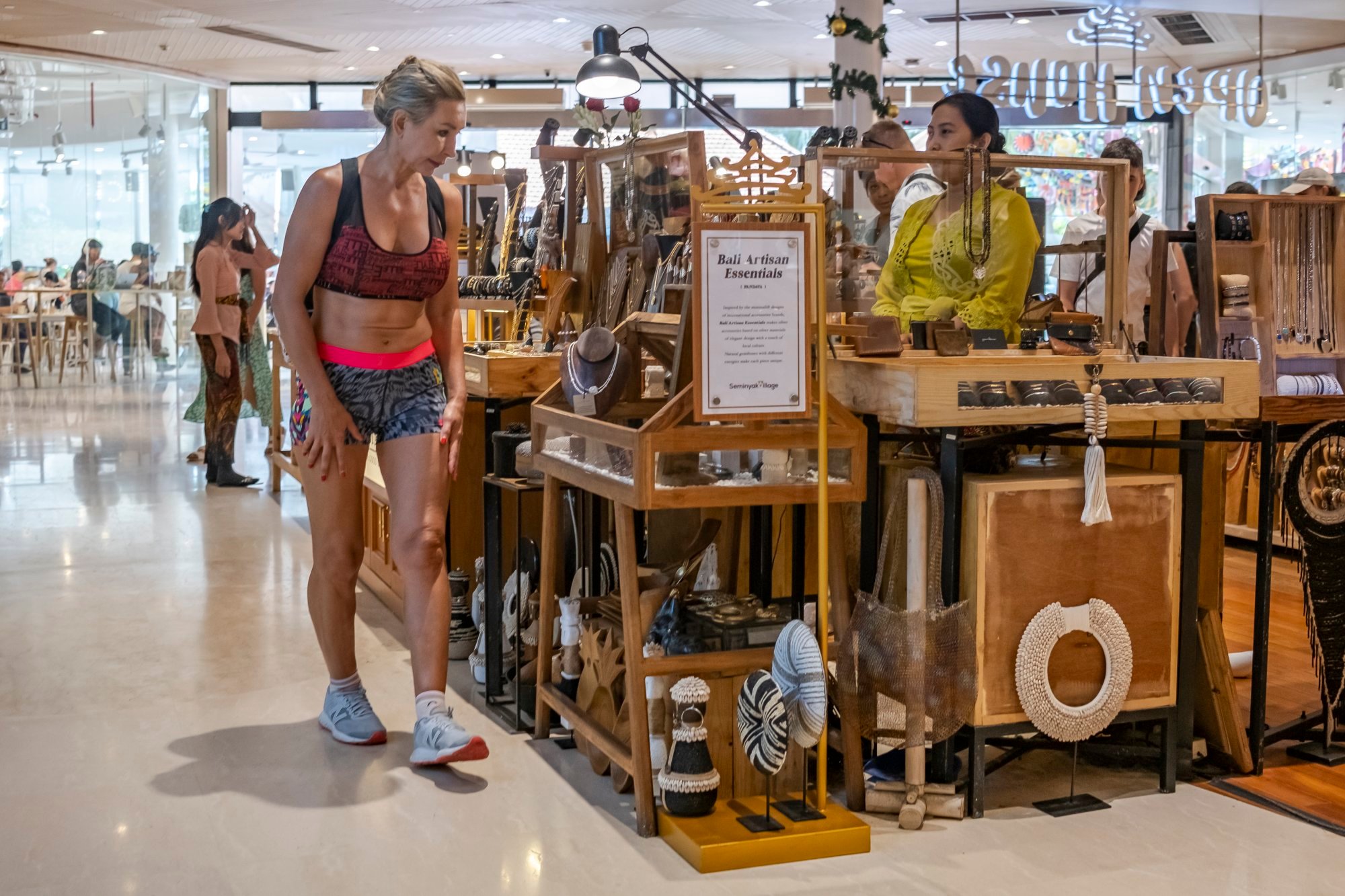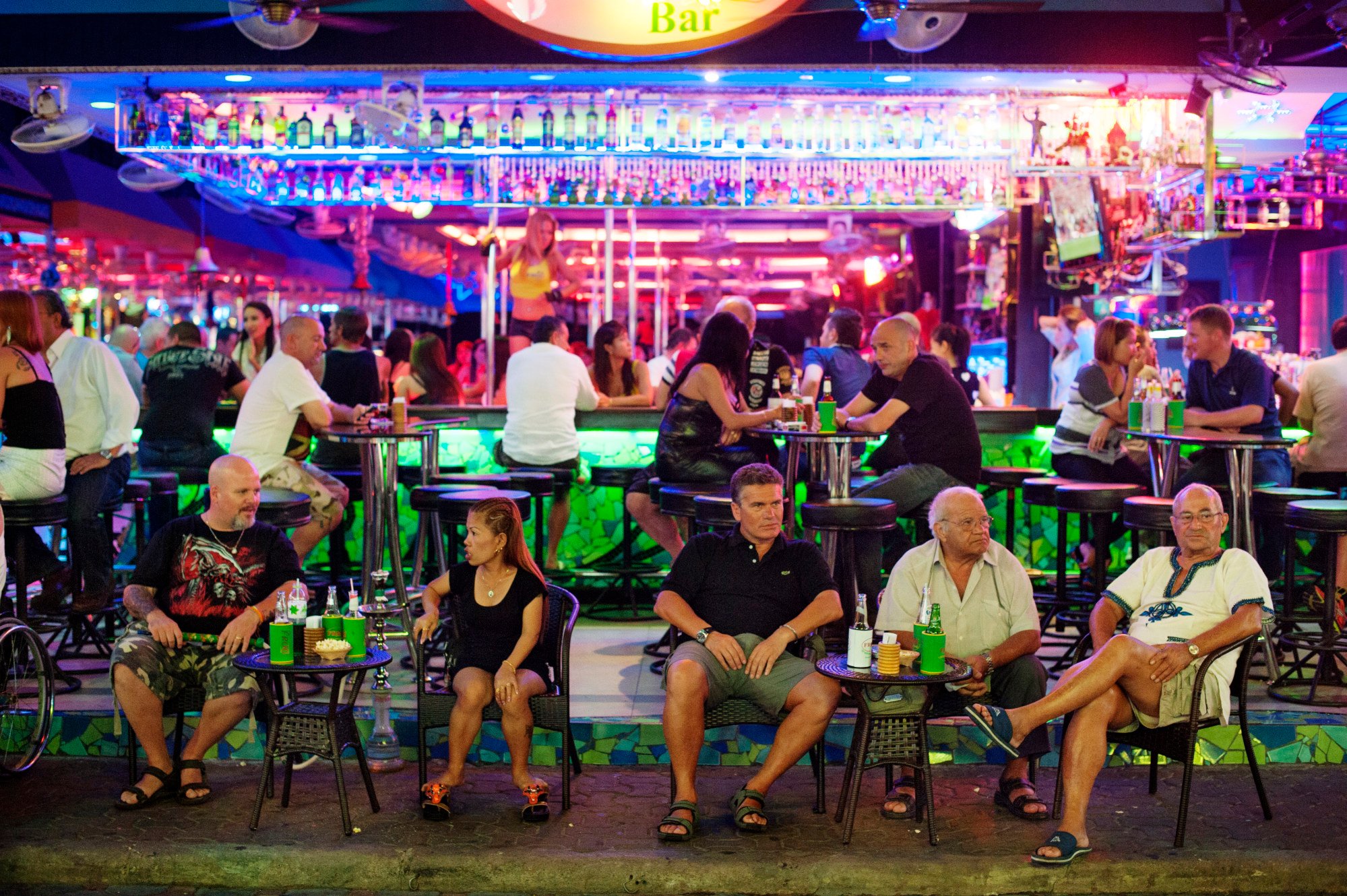Indonesia’s holiday island, Bali, is rolling out its new tourist tax as part of an effort to tackle its biggest problems – traffic and rubbish.
From February 14, visitors to Bali will have to pay the 150,000 Indonesian rupiah tax – about US$9.60. That’s in addition to the 500,000 rupiah charge for a 30-day visa.
Some observers have questioned whether the new procedure will lead to long queues at arrivals areas, but according to the head of the local tourism authority, Tjok Bagus Pemayun, the processing should not take more than 23 seconds per person.

While the costs for single travellers might be bearable, families with children may look for cheaper holiday destinations in Southeast Asia, some on social media have commented.

A 54 per cent tariff on wine imports will be “exempted indefinitely”, according to local media accounts of a Thai cabinet meeting, while excise duties on locally produced wine will be cut to 10 per cent or lower.

The measure is designed not only to expand the budding domestic industry but also to add to supplies of less expensive alcohol.
The government had in recent years increased tariffs on wine to raise revenues. But in the wake of the Covid-19 pandemic and border closures, the focus has changed to reviving the tourism industry, which suffered a collapse during the 2020-2022 period.
The proposals come after officials last month moved to suspend duty-free shopping at airports to get travellers to spend more in shops and restaurants in towns and cities.

The Tourism Authority of Thailand said in December that the country was on track to record more than 27 million visitors in 2023, a huge improvement on 2022’s 11.5 million but far short of 2019’s 39 million, a number that put the Southeast Asian country in fifth place globally, after the United States and on level pegging with Italy.
Bagikan Berita Ini














0 Response to "Will Bali tourist tax play into hands of Thailand as it cuts alcohol levy? - South China Morning Post"
Post a Comment